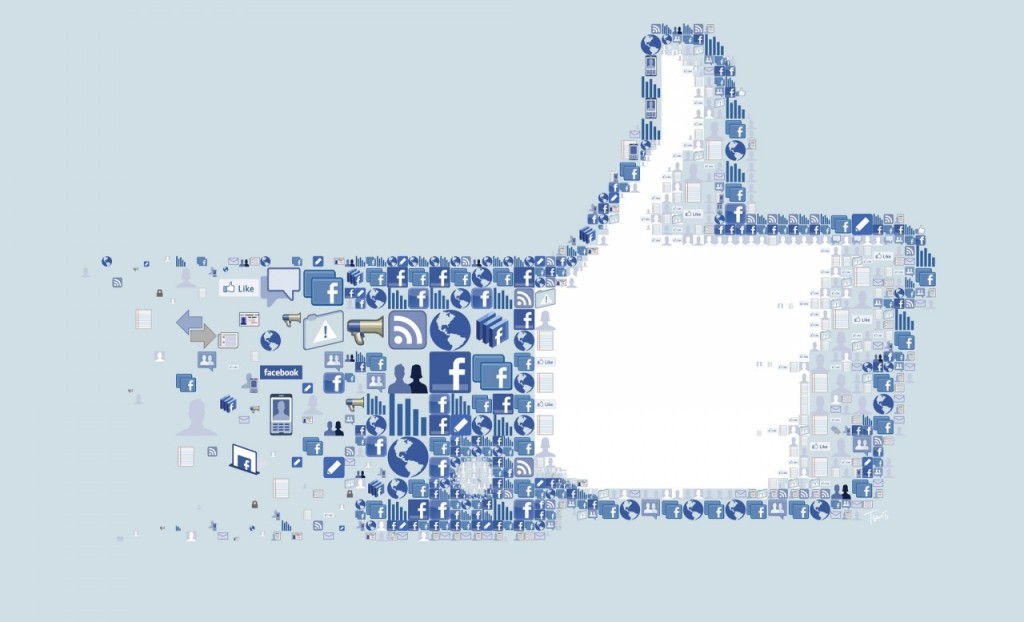Mark Zuckeberg appeared before U.S. representatives, again. He sat alone at an austere table, being looked down on by the mighty politicians from their raised podium. Yet, the founder of Facebook yields more power than all those politicians combined.
Nevertheless, the CEO had to pretend that he doesn’t., that it is obvious that the U.S. government has the right to meddle into the legal workings of a private enterprise by passing laws in regulating practices. And he has to pretend he is not running his business for the great evil of today: profits, but that, instead, he does it out of charity.
But that’s how it is. Both politicians and the lone businessman at the hearing were catering to the woke culture.
I was fortunate enough not to have known what the term “woke” meant up until about half a year ago, when this word has gained enough prominence to leak into an otherwise conservative dictionary. Now I know: it means a perceived awareness of issues concerning social and racial justice. And then, the floodgates opened.
It is now perceived as shameful to work for profits. To project a more modern image, companies have to lie that they are not working for profits, but for a “greater good”.
It is not enough to sell products or services that people want, enterprises have to take social responsibility too, in order not to seem selfish and evil.
This is a marketing strategy taken out of the playbook of big corporations, answering to a demand in social causes. Obvoiusly, there is nothing wrong whatsoever with helping certain causes.
However, pretending that companies exists out of sheer charity and not for profit may conjure up images of the middle ages, where making profits was deemed by the church as immoral.
In Hungary, Coca-Cola recently put up posers depicting same-sex couples, with the slogan “Love is Love”. The campaign caused an uproar among self-proclaimed Christian-conservative politicians, some of whom called for a boycott of the company.
As a result, Coca-Cola was fined for damaging the physical, emotional, moral, and mental development of the Hungarian youth, in a country where conspiracy theories are spewing, and taxpayer-funded propaganda posters are okay.
Did Coca-Cola cross the line with their advertisement posters that probably fared well with the age group they targeted? Well, it probably did nothing to promote gay rights, but it got Coca-Cola featured in the media.
Regardless of the boycott by a couple of politicians, the campaign probably helped boost sales. All of this, for profit.
Isn’t it hypocritical though that companies are becoming more and more woke, pretending they are not working for profit, in order to make more money?
It is one thing to assign the blame to the double standard of these businesses, but the real problem is at the demand side. And by lying to youth that businesses are not for profit, their attitude towards capitalism, of which they unwittingly benefited greatly, will only get worse.



